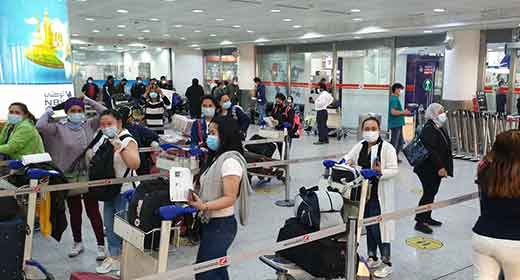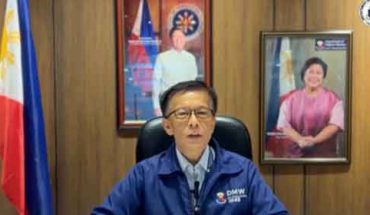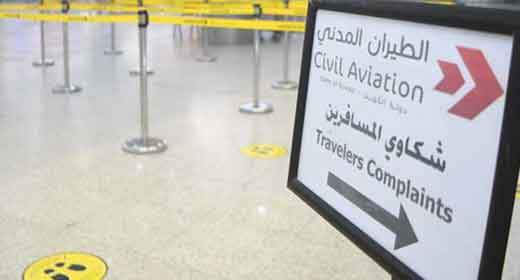The Supreme Court has ruled it is unconstitutional to require overseas Filipino workers (OFWs), who are based in land-based locations, to pay their Social Security System contributions (SSS) before they can obtain an Overseas Employment Certificate.
OECs are documents that serve as a clearance to leave the country by Filipinos who have been hired overseas.
In a 40 page decision written by Associate Judge Maria Filomena D. Singh the SC has struck down Rule 14 Section 7(iii), of the Implementing Regulations and Rules (IRR) for Republic Act No. The SC declared that 11199 was in violation of Sections 1 & 6 of Article III, Sections 1, 2.
The Court stated that “Imposing compulsory coverage for land-based OFWs via the issue of OECs would be unduly oppressive and unreasonable. It is also repugnant against the Constitution.” The Court also said that this provision places a ‘undue burden’ on OFWs.
The decision emphasized that this policy forces OFWs who are based on land to pay the SSS contributions made by their employers, a burden not imposed on any other category of employees under the SSS.
The Court’s ruling is in line with a petition filed in 2019 by the civil rights group Migrante International, and the Bayan Muna Party-list. They argued that this provision restricted the right to travel of overseas workers.
In Rule 14, Section 7, (iii), OFWs who work in land-based countries that do not have a bilateral labor agreement or social security agreement with the Philippines must pay their SSS contributions before they can obtain an OEC. This provision was enforced by the Philippine Overseas Employment Administration and Department of Labor and Employment through documentation and deployment processes.












